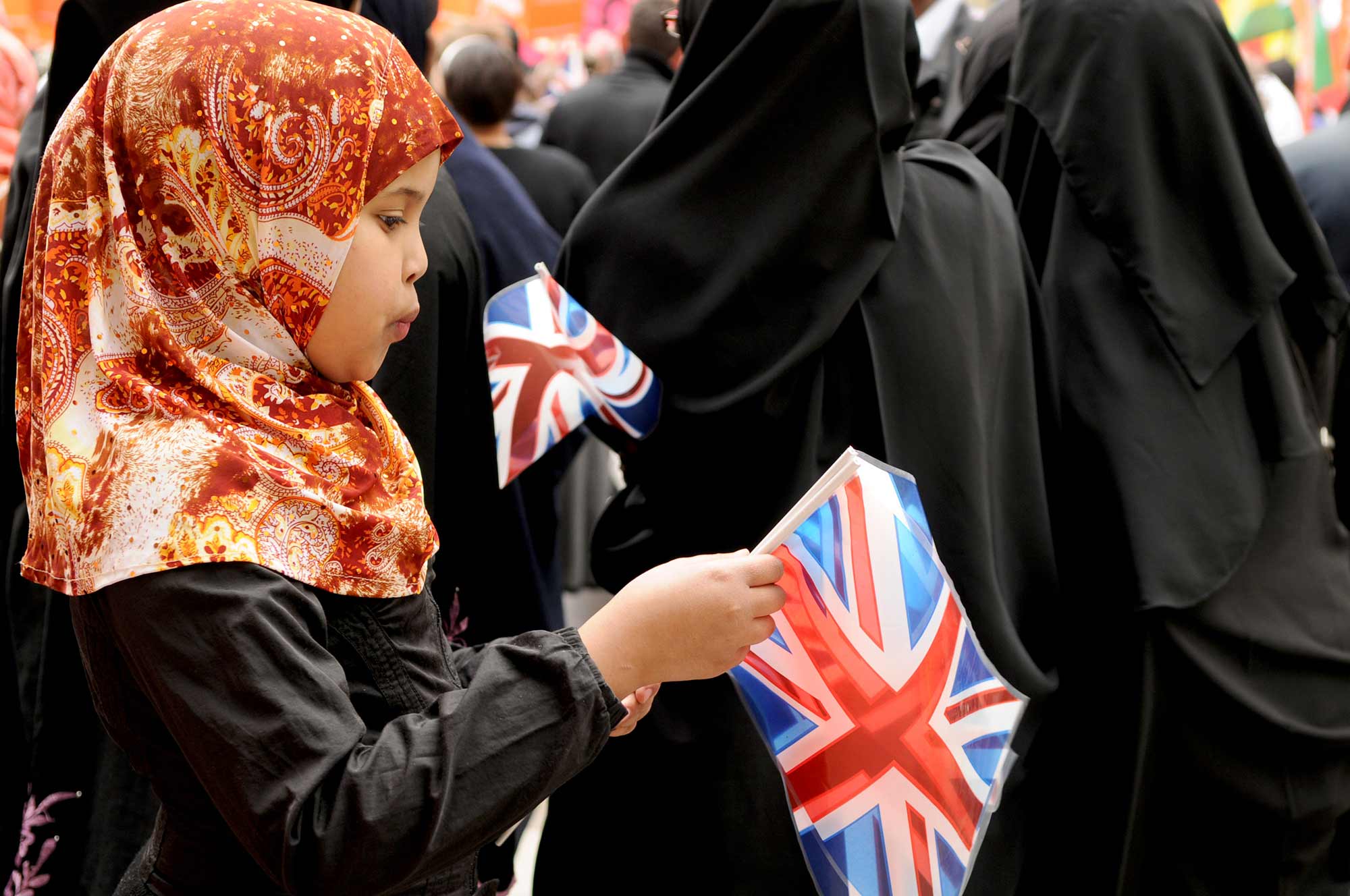Since the tragic 7/7 bombings in London 10 years ago, Muslims in the United Kingdom have faced unprecedented levels of Islamophobia. Apart from government enacted counter-terrorism operations that have directly targeted Muslims, the community has also come under attack from mainstream and tabloid media, as well as the broader British population.
The overall perceptions of Muslims, according to U.K journalist, Roshan Muhammed Salih have taken a drastic turn for the worst since the attacks. Whilst topics like homophobia and racism have become intolerable, the media has seemingly been afforded free-reign to demonise Islam and those who practice it.
In the case of tabloid newspapers, there has been an overtly negative focus on religious norms like the donning of Niqab and other Islamic attire, as well as the growing of beards. Immigrants and Muslim religious leaders have also come under fire. Whilst the mainstream media has been somewhat more responsible in straying from blatant Islamophobia, it has still pedalled a subtle degree of racism.
“The media ultimately regurgitates the same stereotypes, but in a not so blatant way. When I launched my own website I didn’t think it would attract that much attention, but Muslims are flocking to it because they feel the mainstream doesn’t give them a voice,” noted Salih, who founded and serves as editor of the British Muslim news website, 5Pillars.
Apart from the media assault, the Muslim community in the U.K has also come under siege from their own national government. Salih said a “slew of government counter-terrorism policies” have been imposed on Muslims post-7/7, with little engagement with the community. These have been enacted to such an extent that police officers have often been found pretending to convert to the religion, in order to infiltrate families they believe could be radicalised.
“They targeted the community in many ways. We’ve also had the unsavoury phenomenon of (telephone) bugs, as well as the community being monitored,” he explained, suggesting Muslims felt like scapegoats to former Prime Minister Tony Blair’s foreign policy.
The Muslim community has however not been able to counter this wave of racism and ridicule, largely because it has remained divided on both sectarian and national issues. Salih revealed that because of this inability to work with one another, they were finding it hard to come up with a coherent response to the problem. However, there were still initiatives taking place to address this.
“We are trying to forget our political and sectarian differences and unite on some common principles. One is the fight against Islamophobia, media Islamophobia, and government Islamophobia which is manifested in its counter-terrorism policy,” he added. VOC (Mubeen Banderker)






 WhatsApp us
WhatsApp us 


1 comment
When you have extremists like Anjem Choudary in the UK who want to bring Islamic law to the whole of the UK, then you can’t really blame the authorities for trying to crack down on extremism.
Insteading of demanding their religious rights, Muslims and especially the immigrants should work with their host country to bring positive change to their communities. Its a great opportunity to show the non-muslims what positive change Islam can bring.
But when you have a bigot like Anjem Choudary fermenting negative attitudes toward Shia and non-muslims, then this positive change becomes that more difficult to achieve.